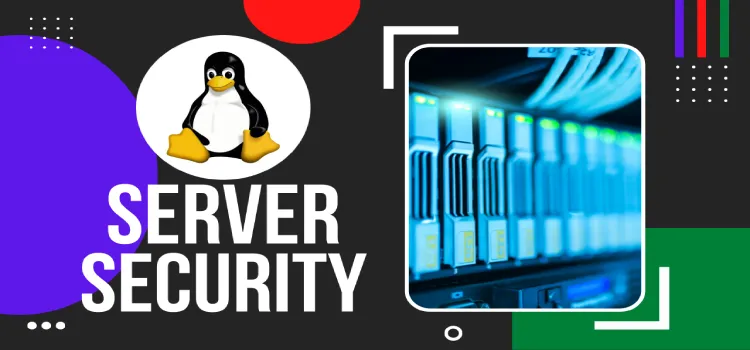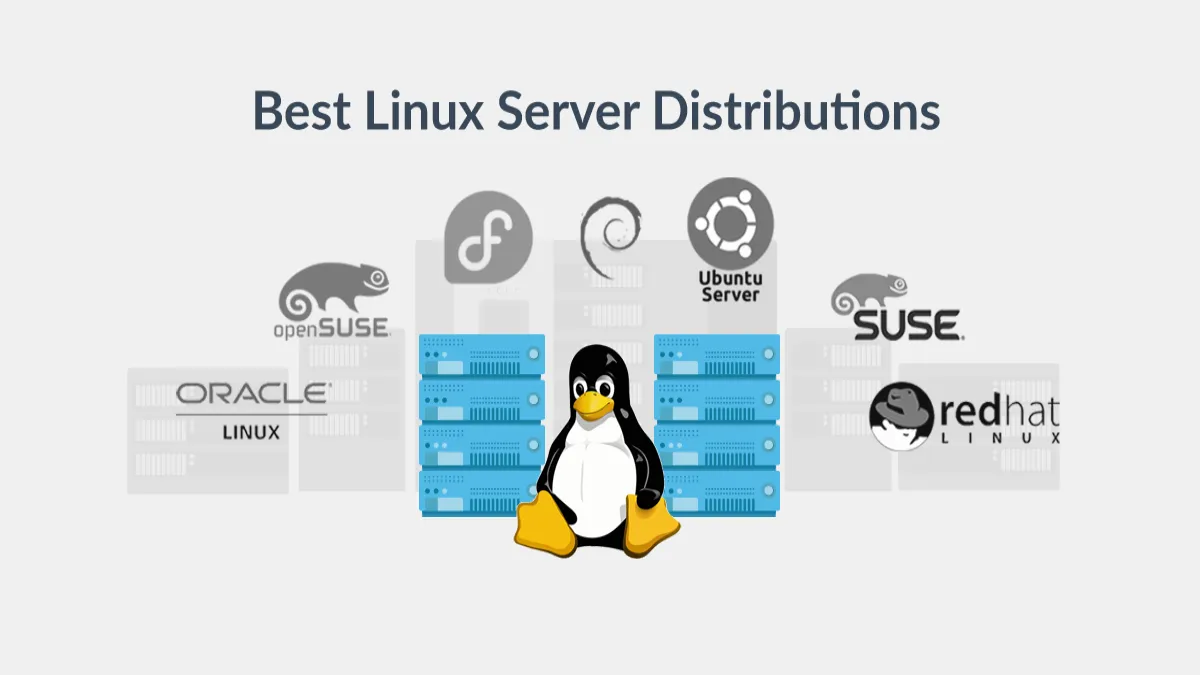
Introduction
Embarking on your journey into the world of Linux servers can be an exciting yet daunting task, especially if you’re a beginner. The sheer variety of options and the depth of technical knowledge required can be overwhelming at first glance. However, fear not! This comprehensive guide is tailored specifically for newcomers, providing a clear roadmap to help you select the best Linux server.
In this guide, we’ll demystify the process, starting with an overview of what Linux servers are and why they are a popular choice for hosting applications and websites. We’ll break down the critical considerations for beginners, including hardware requirements, user-friendly distributions, and essential server management tools.
Furthermore, we’ll explore step-by-step installation instructions for some of the most beginner-friendly Linux server distributions available. Whether you’re looking for a stable and reliable option like Ubuntu Server or a more specialized distribution like CentOS, we’ve got you covered.
Understanding Linux Servers
Before diving into the specifics, it’s important to grasp the fundamentals of Linux servers. We’ll explore what sets them apart from other server options and why they’re an excellent choice for beginners.
Choosing the Right Distribution
Selecting the appropriate Linux distribution lays the foundation for a successful server setup. We’ll discuss popular distributions like Ubuntu, CentOS, and Debian, highlighting their strengths and helping you make an informed decision.
Ubuntu: User-Friendly and Versatile
Ubuntu has earned a reputation for its user-friendly interface and extensive community support. We’ll investigate the installation process and provide tips for optimizing your server’s performance.
CentOS: Stability and Security First
For those prioritizing stability and security, CentOS is an excellent choice. We’ll guide you through the installation process and introduce essential security practices to safeguard your server.
Debian: Robust and Reliable
Debian is known for its rock-solid stability and reliability. We’ll explore its installation process and demonstrate how to set up essential services to get your server up and running smoothly.
Configuring Server Essentials
Once you’ve chosen a distribution, it’s time to configure essential components. We’ll cover topics such as:
User Management
Understanding user accounts and permissions is crucial for maintaining a secure server environment. We’ll walk you through creating users, assigning permissions, and best practices for user management.
File System and Storage
Efficiently managing your server’s file system and storage is essential for seamless operation. We’ll discuss file system types, partitioning, and strategies for effective storage management.
Networking and Firewall Setup
Configuring network settings and setting up a firewall is paramount for securing your server. We’ll provide step-by-step instructions to ensure your server is accessible while protecting it from unauthorized access.
Installing and Managing Services
With the foundational elements in place, it’s time to install and manage essential services:
Web Server (Apache/Nginx)
We’ll guide you through the installation and configuration of popular web servers like Apache and Nginx, enabling you to host websites and web applications with ease.
Database Management (MySQL/PostgreSQL)
Setting up a database is crucial for dynamic web applications. We’ll cover the installation and basic configuration of MySQL and PostgreSQL, empowering you to manage your data effectively.
Email Services (Postfix/Dovecot)
Learn how to set up and configure email services on your Linux server, allowing you to send and receive emails securely.
Conclusion
In conclusion, for beginners looking to set up a Linux server, Ubuntu Server is highly recommended. Its user-friendly interface, extensive documentation, and considerable community support make it an excellent choice. Furthermore, its compatibility with numerous applications simplifies the setup process. CentOS and Fedora Server are viable options, particularly for those interested in enterprise environments or bleeding-edge technologies. Ultimately, choosing the best Linux server for beginners depends on personal preference and specific needs. Regardless of the distribution, taking the time to learn and experiment will help build a strong foundation for server administration. Happy server tinkering!


1 thought on “The Best Linux Server for Beginners: A Comprehensive Guide”